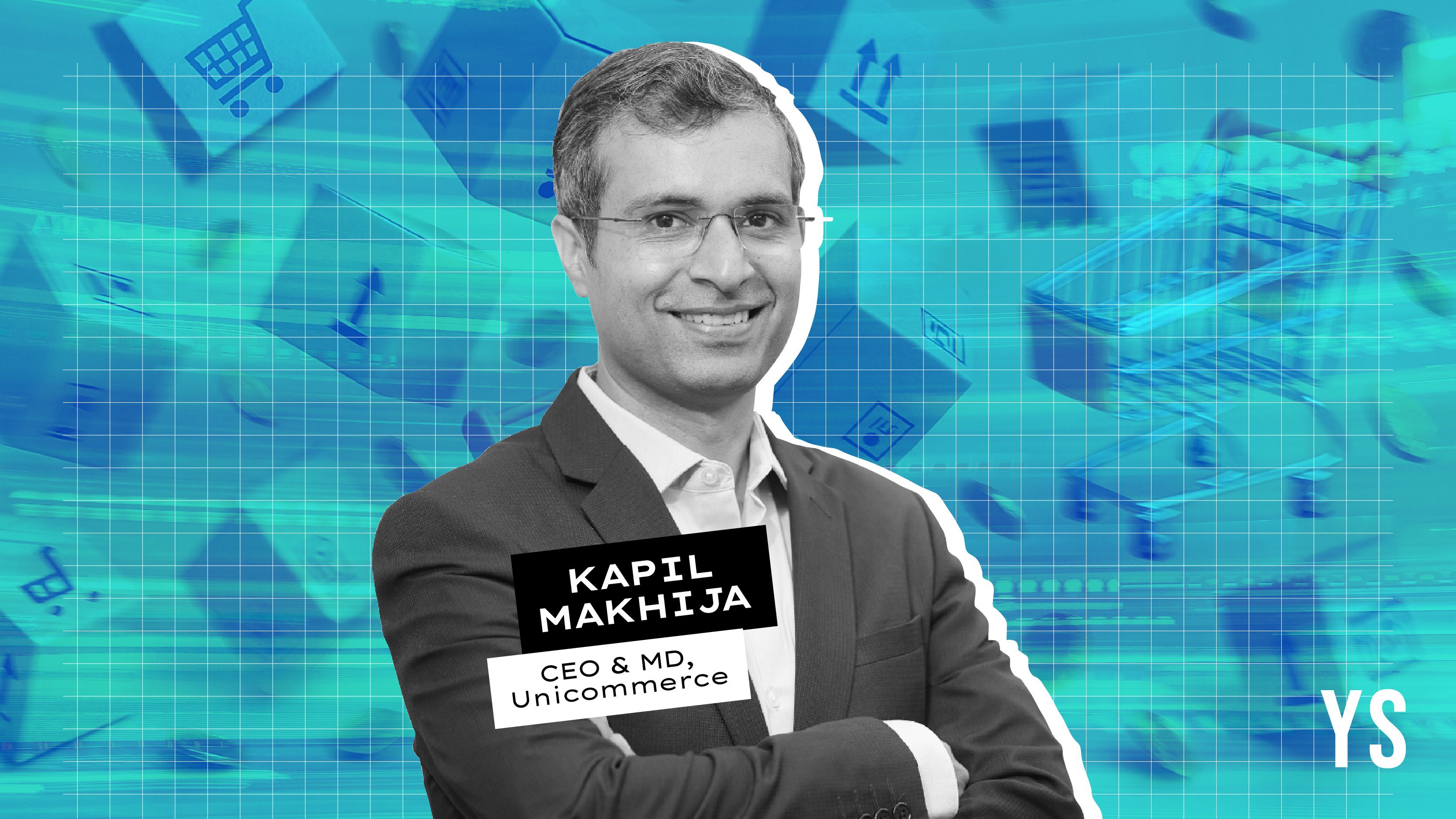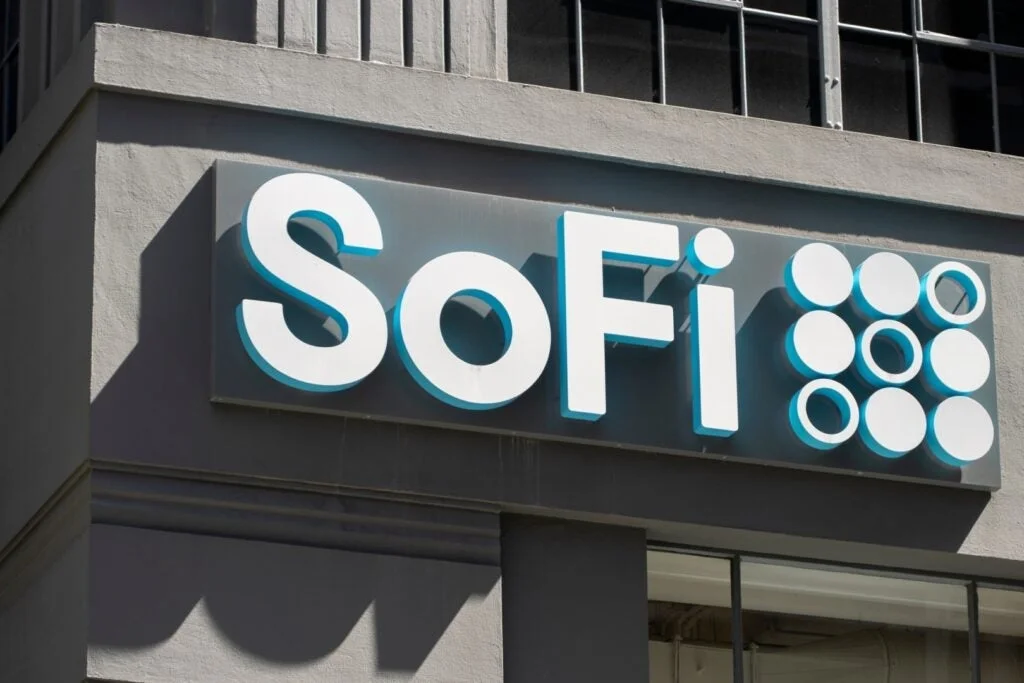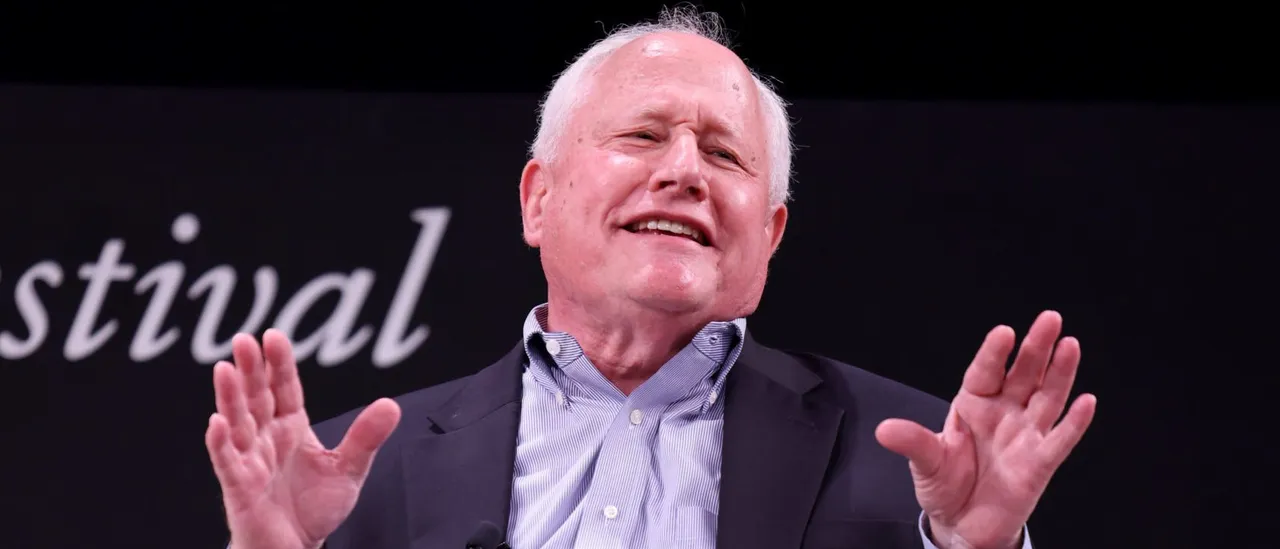Copyright yourstory

’s public foray last year was a bold move for a SaaS company of its scale. Many questioned the timing since most startups typically choose to list only after achieving larger revenue milestones. However, Unicommerce defied the trend. With around Rs 100 crore in revenue (FY23) at the time of listing, the company leaned on its strong profitability metrics, solid fundamentals, and parentage under AceVector (which also owns Snapdeal) to pull off one of the most successful startup IPOs in recent memory. The public listing at an issue price of Rs 108 saw the IPO oversubscribed 168X. At the time of writing this article, the stock is trading at around Rs 135, giving Unicommerce a market capitalisation of roughly Rs 1,500 crore—a signal that the market continues to back its business model, per the company. Founded in 2012 and part of AceVector, Gurugram Unicommerce is a key player in India’s ecommerce tech infrastructure. Its software helps over 7,000 brands manage orders, inventory, and warehousing across multiple sales channels—from online marketplaces and D2C websites to offline stores and quick-commerce platforms. Its clients include Mamaearth (BPC), Timex (fashion accessories), Cello (homeware), Urban Company (utilities), Portronics (electronics), FabIndia (apparel), and RSA Global (logistics). From IPO milestone to measured momentum Last August, Unicommerce saw remarkable interest from investors, securing its place among the top-subscribed startup IPOs in the country. In an interaction with YourStory, Kapil Makhija, MD and CEO of Unicommerce says that the decision to go public early was driven by conviction in the fundamentals. “Our business was built for long-term value and profitability from day one,” he says. “The 168x oversubscription was validation that the market shared that confidence.” Since listing, Unicommerce says it has focused on three priorities — consistent growth, operational efficiency, and ecosystem expansion. In Q1 FY26, the company reported an annual recurring revenue (ARR) of nearly Rs 180 crore, a 64% rise from the previous year, while adjusted EBITDA grew 112% year-on-year. A major milestone came through Uniware, the company’s flagship order, warehouse, and inventory management platform that crossed a billion-plus annual transaction run rate in Q3 FY25. Among other things, Uniware enables brands to view and manage orders, inventory, and payments across multiple marketplaces, D2C websites, and physical stores in one place. The Shipway effect A key piece of Unicommerce’s recent growth has been its acquisition of Shipway, a logistics automation and courier aggregation platform. In simple terms, Shipway helps online sellers manage their delivery operations by offering access to multiple courier partners and automatically allocating each order to the best carrier based on speed, cost, and reliability. Unicommerce acquired Shipway in two tranches—42.76% in November 2024 for a cash consideration of Rs 68.4 crore, and the remaining 57.24% in March 2025 through an equity swap of 60.3 lakh Unicommerce shares. “The acquisition of Shipway reflects a mature and strategic approach to ecosystem growth. In developed markets such as the US, such acquisitions occur frequently and are instrumental in strengthening the SaaS value chain. India needs more companies like Unicommerce to acquire smaller startups like Shipway. Over the past decade, Indian VCs have funded over a thousand SaaS startups, and these acquisitions create meaningful pathways for founders and employees while contributing to ecosystem consolidation,” says Prayank Swaroop, Partner at Accel. Since the acquisition, Shipway’s business has scaled rapidly—from an ARR of around Rs 55-60 crore in March to Rs 80–85 crore in FY26 Q1—and turned profitable in its first year under Unicommerce. The integration has also strengthened Unicommerce’s foothold in the Rs 4,000-crore logistics automation market. “The acquisition allowed us to unlock synergies on both direct and indirect costs,” says Makhija. “Integration was handled carefully — respecting Shipway’s culture while aligning it with our ROI-driven mindset.” Shipway’s Chief Business Officer, Saurabh Choudhary adds that automation has been central to its success. “From courier aggregation and smart allocation to COD verification and NDR management, we’ve focused on solving the operational pain points that cost e-commerce brands time and money,” he explains. Balancing growth and profitability While many newly listed tech firms grapple with rising costs and market pressure, Unicommerce has managed to maintain financial discipline. Makhija attributes this to a subscription-led model that ensures predictable revenue and scalable margins. “Our operating model was designed to compound profitably,” he notes. “Every additional client adds an incremental margin. That leverage is now visible in our numbers.” The company also took tough calls, such as restructuring low-margin accounts— a move that trimmed short-term revenue but strengthened profitability. Global footprint, local playbook Unicommerce began its international expansion in 2022, and operations across six countries—including the Middle East and Southeast Asia—turned operationally profitable in Q1 FY26. “When you win in India, you’re globally ready,” Makhija says. “Our solutions are tested against India’s complexity — quick commerce, omni-channel, and multi-lingual demands — making them resilient for other markets.” Among its global clients is the Landmark Group, along with a growing roster of enterprise accounts across the Middle East and Southeast Asia. The road ahead As competition in e-commerce SaaS intensifies, Unicommerce is betting on its integrated approach — combining Uniware (order management), Shipway (logistics automation), and Convertway (marketing automation) into a full-stack suite that powers the entire transaction cycle. Looking ahead, the company plans to add new products and solutions, expand internationally, and explore selective acquisitions in adjacent categories.



